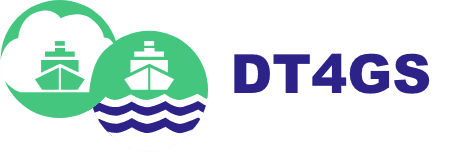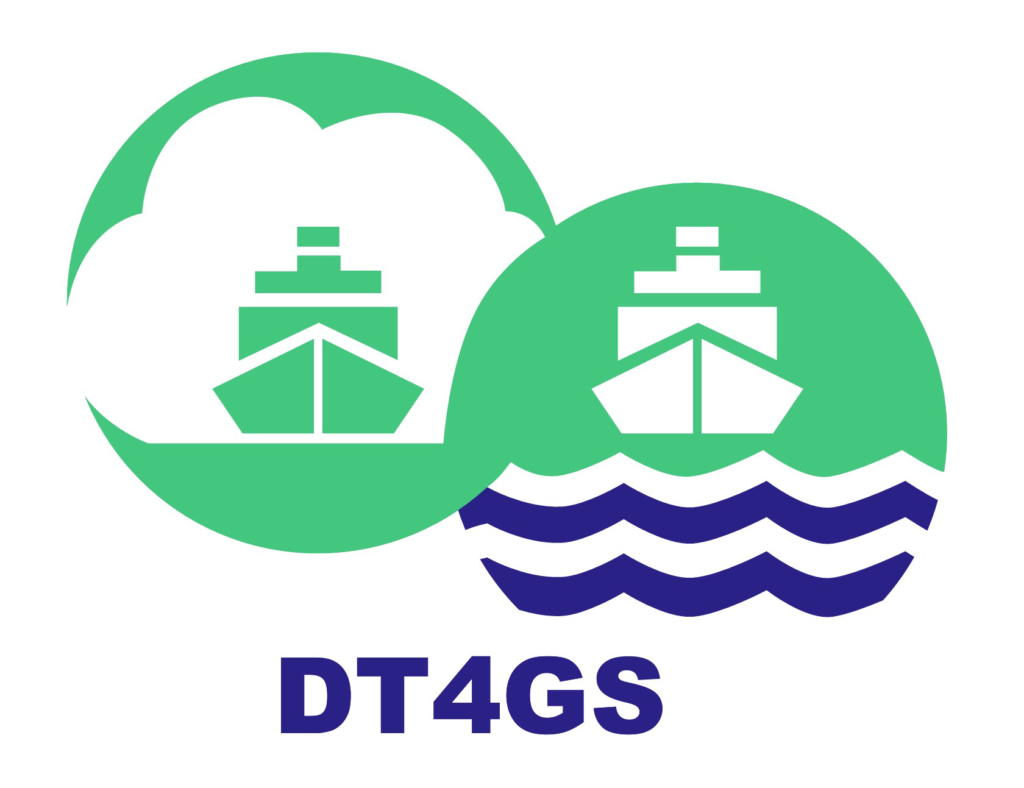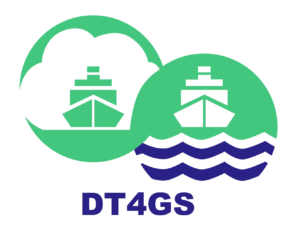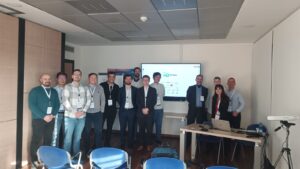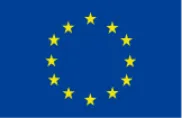The DT4GS – Digital Twin for Green Shipping project has officially entered its final month, bringing three years of groundbreaking work in maritime decarbonization to a successful close. As part of its final dissemination efforts, DT4GS will release a suite of key materials designed to encapsulate the project’s outcomes and lay the groundwork for continued innovation across the maritime sector.
Final Dissemination Materials Coming Soon
In the coming weeks, the DT4GS consortium will launch the following materials:
- Final Newsletter – Volume 8 – The last edition of the DT4GS newsletter will recap major milestones, share partner perspectives, and provide insights into future opportunities for collaboration and impact.
- Two New Project Videos – These videos will highlight the project’s evolution, Living Lab experiences, and how digital twin technologies can empower greener shipping practices.
- A Comprehensive Project Brochure – This publication will summarize the DT4GS methodology, architecture, Living Lab outcomes, and provide a roadmap for stakeholders interested in applying the project’s results.
Highlights from the DT4GS Project
Throughout its duration, DT4GS has achieved several major milestones:
- Developed a transferable and open digital twin architecture to support zero-emission waterborne transport.
- Implemented and validated solutions in four Living Labs, each representing different vessel types and operational contexts.
- Forged synergies with other major Horizon Europe initiatives, including FLEXSHIP and NEMOSHIP, to strengthen collaborative innovation in maritime decarbonization.
- Promoted knowledge transfer and skills development through capacity building activities, enabling uptake by universities, shipyards, and technology developers.
Looking Ahead
Although the project is concluding, the results and tools developed by DT4GS are designed for lasting impact. The project’s outcomes will continue to serve as a reference for decision-makers, innovators, and researchers in the maritime sector.
DT4GS has received funding from the Horizon Europe framework programme under Grant Agreement No 101056799.
